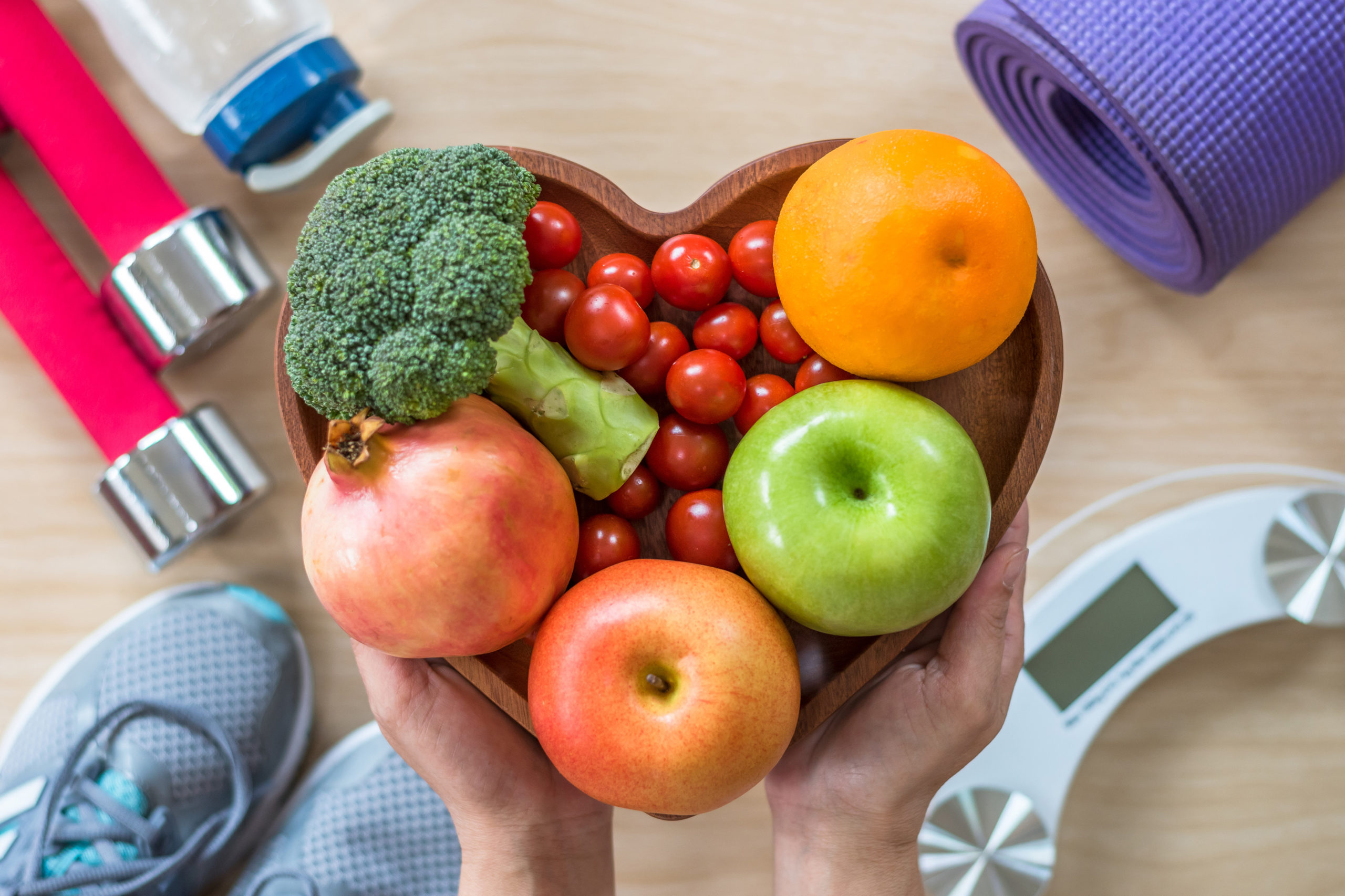Suffering from a mysterious health issue and have no idea where it’s coming from? Do you have that one niggling problem too minor to be a cause for concern, but still affects your quality of life?
You may have a nutrient deficiency. Our modern diets often fail to provide the body with all the nutrients it needs, especially since some nutrients are hard to come by in foods and the fact that some are essential as the body doesn’t create them itself.
Most Common Nutrient Deficiencies:
- Vitamin D
- Iron
- Vitamin B12
- Calcium
- Magnesium
- Vitamin E
- Iodine
- Choline
1. Vitamin D
Symptoms: Brain fog, fatigue, muscle weakness, bone weakness.
Although the symptoms are vague, lack of vitamin D is incredibly widespread, in the UK in particular. The SACN released guidelines in 2016 stating everyone should “consider vitamin D supplements over winter.
Foods rich in Vitamin D: Fortified cereals, spinach, kale, eggs, tuna.
Supplement: Vitamin D3 10,000 IU 365 Softgels £12.99
2. Iron
Symptoms: Fatigue, weakness, pale skin, shortness of breath, dizziness, cold feet and hands, brittle nails, headaches.
Iron deficiency affects 25% of people worldwide. The nutrient is hard to come by and only rich in a handful of foods.
Foods rich in Iron: Kidney beans, red meat, sardines, pumpkin seeds.
Supplement: Nelsons 100% natural iron supplement £6.95
3. Vitamin B12
Symptoms: Tiredness, lightheadedness, pale skin, shortness of breath, depression, memory loss, brain fog, constipation, diarrhea.
Vitamin B12 is so common because it’s only found in animal products, so it’s especially hard to come by in a vegetarian or vegan diet.
Foods rich In B12: Meat, eggs, shellfish, liver, fortified cereals.
Supplement: Solgar, Sublingual Methylcobalamin (Vitamin B12) £7.57
4. Calcium
Symptoms: Weak bones, brain fog, confusion, muscle cramps, brittle nails.
Calcium is an essential nutrient for bodily function, important for bone health, which is why it’s crucial as we age where we naturally lose bone mass. The deficiency leads to an increased risk of osteoporosis in later life.
Foods rich in calcium: Milk, kale, almonds, broccoli.
Supplement: Valupak Vitamins Supplements Calcium & Vitamin D £0.99
5. Magnesium
Symptoms: Anxiety, sleep disorders, nausea, confusion.
Magnesium is another nutrient important for bone structure. It’s also essential for a healthy heart and plays a role in reducing stress levels and aiding a good night’s sleep.
Foods rich in magnesium: Spinach, kale, nuts, brown rice, avocado, bananas.
Supplement: Magnesium Citrate 200mg £12.97
6. Vitamin E
Symptoms: Age spots, cataracts, decreased sex drive, cognitive impairment, dry hair.
Vitamin E is a well-known anti-ager found in many skincare products for its antioxidant abilities, the vitamin helps slow down the ageing process.
Foods rich in vitamin E: Avocado, almonds, sweet potato, spinach, olive oil, kale, seeds.
Supplement: Natural Vitamin E, 400 IU, 100 Softgels £11.65
7. Iodine
Symptoms: Fatigue, brain fog, dry skin, hair loss, depression, feeling cold.
Iodine is the nutrient used to make thyroid hormones, which control the body’s metabolism and also aid health brain and bone function. The deficiency is one of the most common, which an estimated third of the population have.
Food rich in Iodine: Cod, tuna, milk, egg.
Supplement: Lifeplan Seakelp £6.29
8. Choline
Symptoms: Cognitive decline, memory loss, brain fog, fatigue.
An often overlooked nutrient, choline is essential for brain development and plays an important part in influencing cognitive function as we age.
Food rich in Choline: Eggs, milk, sunflower seeds, broccoli, mushroom, cod.
Supplement: Solgar 350 mg Choline Vegetable Capsules £11.49





